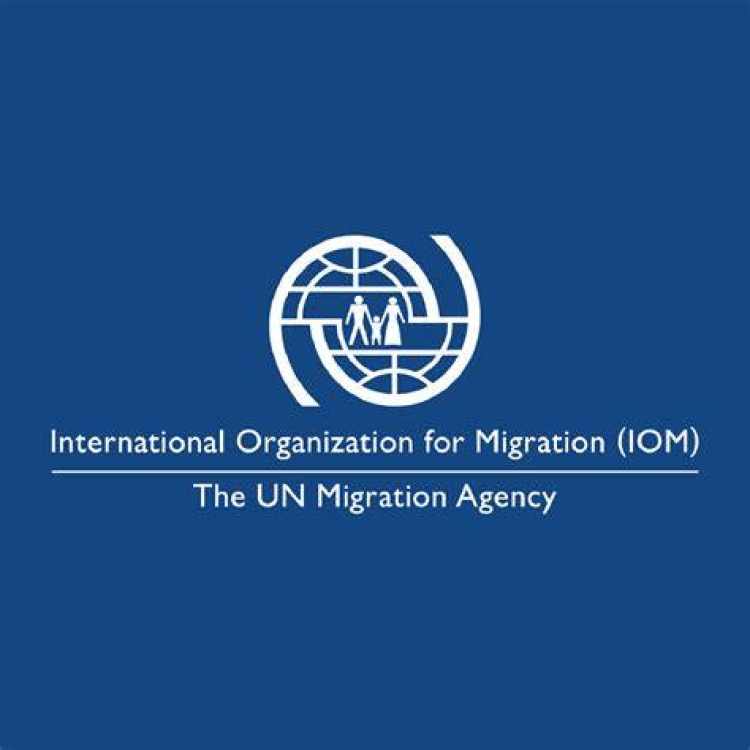Sudanese militia have been accused of killings, sexual violence, looting and arson during eight days of attacks on villages south of Sudan’s capital, Khartoum.
The UN said there were reports of “gross human rights abuses” linked to the Rapid Support Forces (RSF) group, which has escalated attacks on civilians in el-Gezira state since the area’s key commander was reported to have defected to government forces on 20 October.
The Sudan Doctors Network said on Saturday that 124 people had been killed and dozens wounded after an attack on the village of al-Suhra.
The UN has reported that nearly 47,000 people have been displaced from their homes over the past week, mostly to neighbouring states, and at least 30 villages have been attacked.
The RSF has suffered key battlefield losses around Khartoum to the Sudanese army. Both sides have been fighting for control of Sudan since April 2023, causing the world’s biggest humanitarian crisis.
Famine was declared in the Zamzam displacement camp in Darfur in August, with warnings that extreme hunger would spread if the warring parties did not allow aid in.
The UN’s humanitarian coordinator in Sudan, Clementine Nkweta-Salami, said the violence echoed the RSF’s actions in the western region of Darfur, where it has control and has been targeting ethnic groups.
“I am shocked and deeply appalled that human rights violations of the kind witnessed in Darfur last year – such as rape, targeted attacks, sexual violence and mass killings – are being repeated in el-Gezira state. These are atrocious crimes,” said Nkweta-Salami.
The conflict in Sudan broke out in April 2023 after a fall out between the commanders of the RSF and military, Gen Mohamed Hamdan Dagalo and Gen Abdel Fattah al-Burhan respectively.
The two had jointly staged a coup in 2021, derailing Sudan's transition to democracy, but then got involved in a vicious power struggle.
The two leaders have refused to sign a peace deal, despite efforts by the US and Saudi Arabia to broker an end to the conflict.



